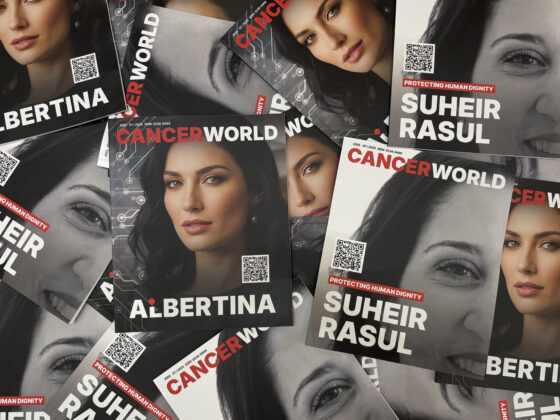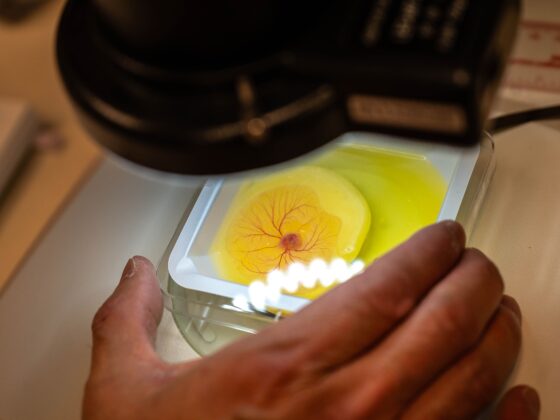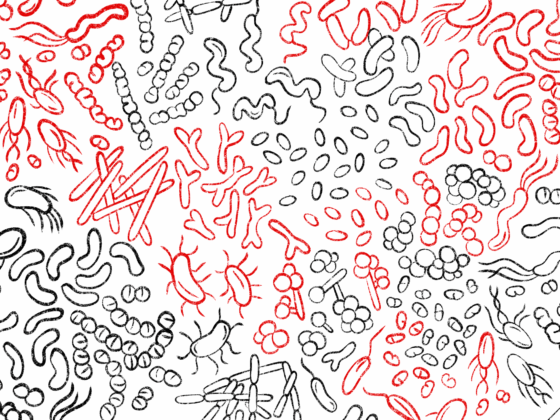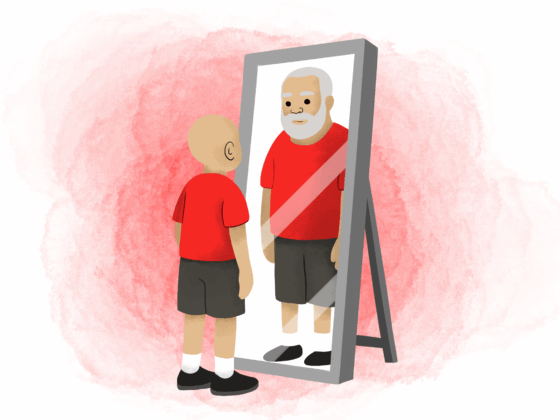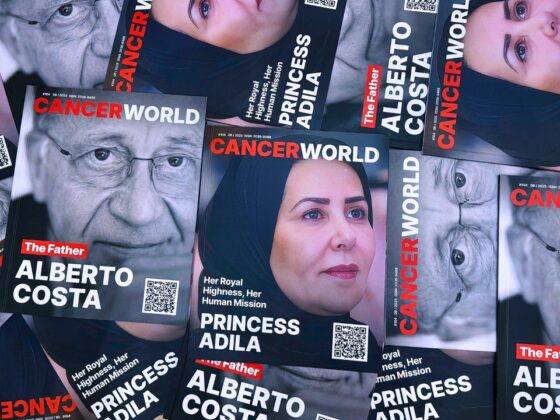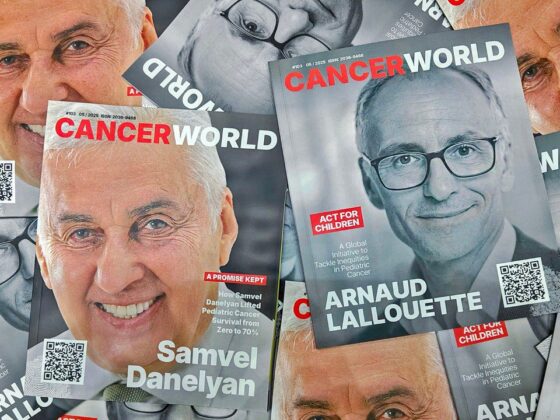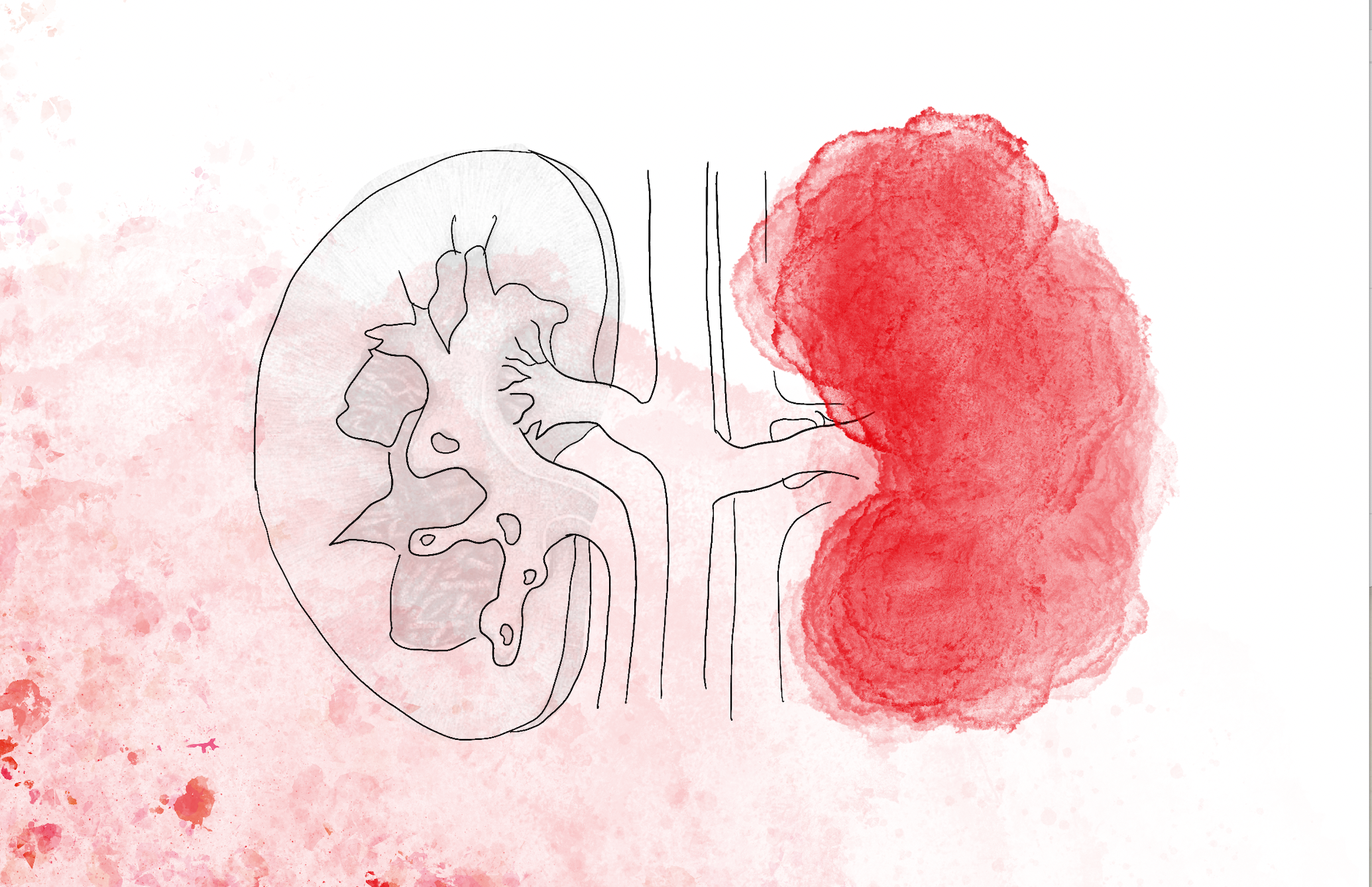Fully implementing tobacco control policies across Europe would avoid an estimated 1.65 million lung cancer cases over the next 20 years. The modelling study, published in the May issue of The Lancet Regional Health-Europe, found the largest proportion of lung cancer cases could be prevented in Austria, followed by Germany and Luxembourg. Today 31st May is World No Tobacco Day with this year’s theme ‘Commit to quit’ focused on disseminating the World Health Organisation (WHO) Framework Convention on Tobacco Control (FCTC) measures.
Action is undoubtedly needed across Europe, a view reinforced by the journal editorial accompanying the research highlighting Europe’s poor record. The editorial explores how the WHO Europe region has the highest prevalence of tobacco smoking rate among adults – 28% versus 21% globally, smoking rates among European women are more than double the global average – 19% versus 7% worldwide. Furthermore, although 50 out of 53 WHO Europe region countries have ratified the WHO FCTC (outlining best practice national action on public smoking bans, advertising restrictions and taxes) only 10 have comprehensive public smoking bans. Only five (Albania, Moldova, Russia, Spain, and Turkey) have a complete ban on all forms of direct and indirect tobacco advertising, and only nine (Czechia, Denmark, Ireland, Luxembourg, the Netherlands, Slovakia, Sweden, and Turkey) offer best policy programmes supporting quitting.
In the study, Thomas Gredner (University of Heidelberg, Germany) and colleagues evaluated the potential of implementing comprehensive tobacco control measures across 30 European countries according to each country’s current level of tobacco control measured using the Tobacco Control Scale. The scale allocates points for six policy domains (price of cigarettes, smoke free public and workplaces, spending on public information campaigns, bans on advertising and promotion, health warning labels and standardised packaging, and treatment to help smokers quit), with a maximum potential score of 100. The investigators went on to estimate the number of future lung cancer cases that could be prevented in each country over the next 20 years by comparing current scores for tobacco control implementation with achieving implementation to the highest level of tobacco control policies.
Results show that with the highest-level implementation over the next 20 years:
- In Europe, an estimated 1.65 million lung cancer cases (21.2%, 19.8% in men and 23.2% in women) could be prevented.
- Potential levels of lung cancer prevention varied across different regions – 24.5% for Western Europe, 23.1% for Southern Europe, 22.5% for Eastern Europe and 12.5 % for Northern Europe.
- Of all countries, the largest proportion of prevented lung cancer cases was estimated in Austria (30.9%), Germany (30.7%) and Luxembourg (30.0%).
- In women (among whom lung cancer incidence is expected to increase) the study estimated a larger proportion of preventable lung cancer cases, ranging from 9.9 to 33.9% as compared to men, ranging from 8.6 to 28.5%.
“This information should be motivation for national and European-level policy makers to implement comprehensive tobacco control interventions including taxes, smoke-free legislation, public information campaigns, advertising bans, health warnings/ standardised packaging, and access to treatment,” write the study authors.
In an accompanying commentary, Kevin ten Haff (Erasmus MC, University Medical Center, Rotterdam, The Netherlands) highlights how risks for developing lung cancer remain elevated for decades after smoking cessation, with the result former smokers will account for a large proportion of the lung cancer burden over the next decade. “Lung cancer screening may aid in reducing the burden of lung cancer in former smokers, and may also provide opportunities to encourage smoking cessation among current smokers,” writes ten Haff.
The ‘Commit to Quit’ campaign, launched in December 2020, is a year-long WHO campaign focusing efforts on 22 high burden international countries (including Germany, Poland, Turkey, and the Ukraine) where the majority of the world’s tobacco users live. Materials that WHO have made freely available include:
- The QUIT CHALLENGE, providing daily notifications of tips and encouragement for up to six months to help people remain tobacco free. It is available free on WhatsApp Viber, Facebook Messenger and WeChat.
- The artificial Intelligence digital health worker Florence, who has interactive conversations, with people and helps make quit plans and recommends help-lines and support apps.
- Advocacy materials in 30 languages.
- More than 100 reasons to quit tobacco.





